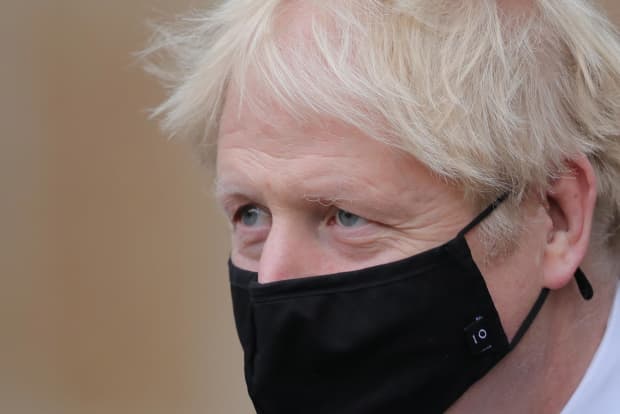This post was originally published on this site

U.K. Prime Minister Boris Johnson.
Getty Images
U.K. Prime Minister Boris Johnson announced on Thursday a £16.5 billion ($22 billion) increase in military spending over the next three years, the largest since the end of the Cold War, even as measures to tackle the coronavirus pandemic have taken public deficits and debt to historic highs.
- Johnson revealed the first results of a wide-ranging review of defense and foreign policy in a speech to Parliament on Thursday, as the U.K. tries to define its post-Brexit role in the new global environment.
- The U.K., with a defense budget currently standing at £42 billion, is the only European country (save for Greece) abiding by a NATO pledge to devote more than 2% of gross domestic product to defense expenditures.
- New funding will notably be devoted to boosting space-defense capabilities and to the creation of a new national cyber force.
- Chancellor of the Exchequer Rishi Sunak will present next week a “spending review” that will show fiscal deficits of more than 5% of GDP in the years to come.
- According to the Institute for Fiscal Studies, an independent think tank, the budget deficit this year will top 17% of GDP.
The outlook: Tax rises and spending cuts are on the horizon and the fiscal correction will have to be even stricter after Johnson’s defense decision. Sunak’s job has just been made even more difficult. After dealing with the coronavirus pandemic, then the coming Brexit shock, he will have to find a way to fund his boss’s geostrategic vision.
Doing so might necessitate choices that could dampen the post-virus recovery. In and by itself, increased military spending will contribute to the mammoth fiscal stimulus already under way after two waves of COVID-19. But Sunak will have to decide how quickly he wants to start tackling the budget problem. Some spending will naturally stop when the pandemic recedes. But it is hard to see how the U.K. can avoid a major tax increase — the question being when this will happen.
Oct. 2020: Boris Johnson faces Conservative Party unrest as Rishi Sunak emerges as possible alternative leader

